Read, Learn, and Grow: Top 8 Useful Books for Business Analysts
The author of this article is EPAM Senior Business Analyst, Valentyna Zelena.

Introduction
Unless you are spending time in the middle of nowhere, with no internet, you are always amidst information. That is the new reality we live in, and it is highly unlikely to change any time soon. Information, knowledge, and opinions are flying around through multiple sources. Some capture your attention immediately, others are not that compelling. The goal is to learn how to navigate the flood of information, filter the good from the bad, and take the most valuable pieces with you.
I am a visual learner — I learn best from the visual representations, and from letters written. This is one of the factors that contributes to my enjoyment of reading. I become focused and attentive when reading. I’ve collected a few great books that I found useful (some are even foundational) over the years in my career in business analysis. Even if you are not into reading, you may find synopses, short summaries, audiobooks, and presentations based on the books listed below. In this article, I share my impressions about each of them.
Books that impact the quality of business analysis
Software Requirements, by Karl Wiegers and Joy Beatty
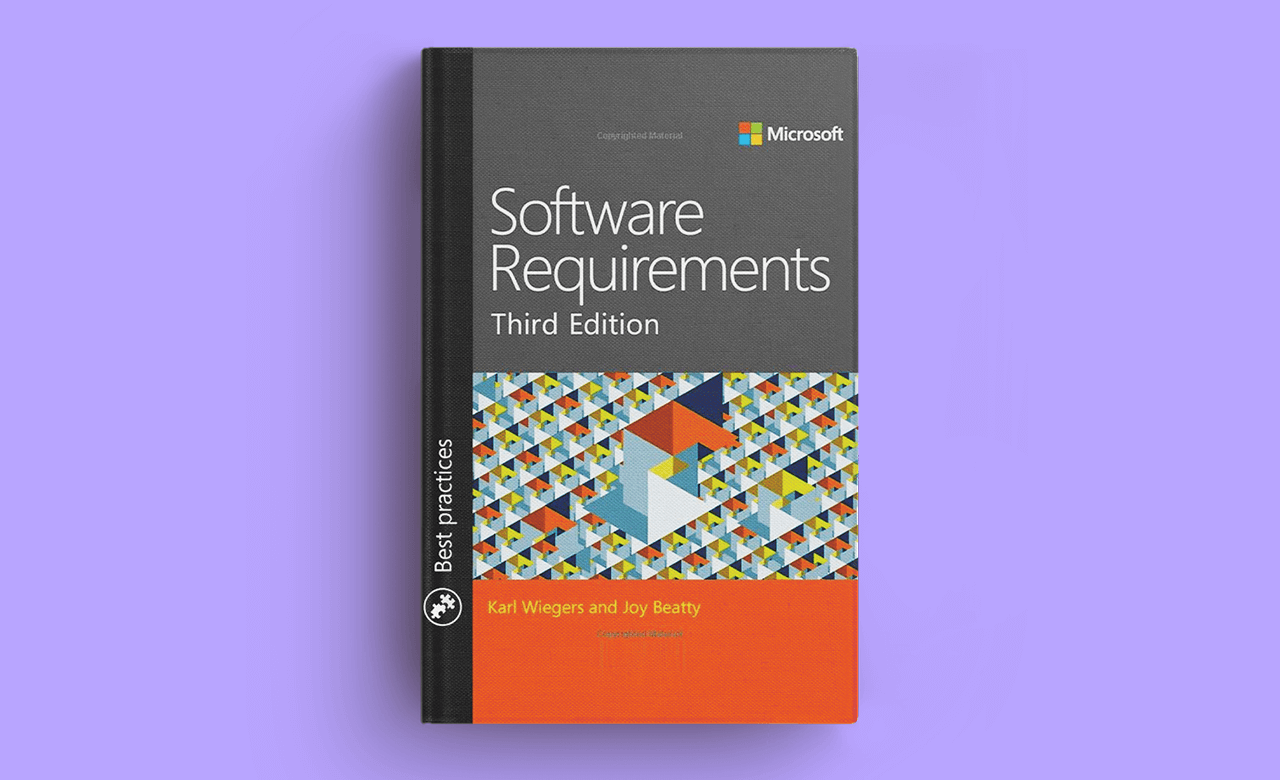
In my humble opinion, this book is the foundation of business analysis and the holy grail of any aspiring or practicing business analyst. It was initially published in 1999, and it still stands the test of time. It has been updated to address the changing world, but its essence remains the same. This was the first book that I read when deciding to switch careers to pursue business analysis. My mentor at that time said that this book is necessary to understand what the job is about.
The examples that the authors use to illustrate best practices may seem challenging at first, because Wiegers shares his experience of working in the chemical industry and managing physical goods through the system. The author worked with some sort of ERP system. The chemical terms and logistics of the industry can be overwhelming at times unless you are an expert in pharmacology. The overall process descriptions, approaches to stakeholder management, observations, and requirements validations, however, are useful for any specialist, since they are transferrable into any system!
I suggest starting with Software Requirements, and expanding to BABOK, but do not stress too much over the textbook side.
Business Analysis Body of Knowledge (BABOK® Guide)
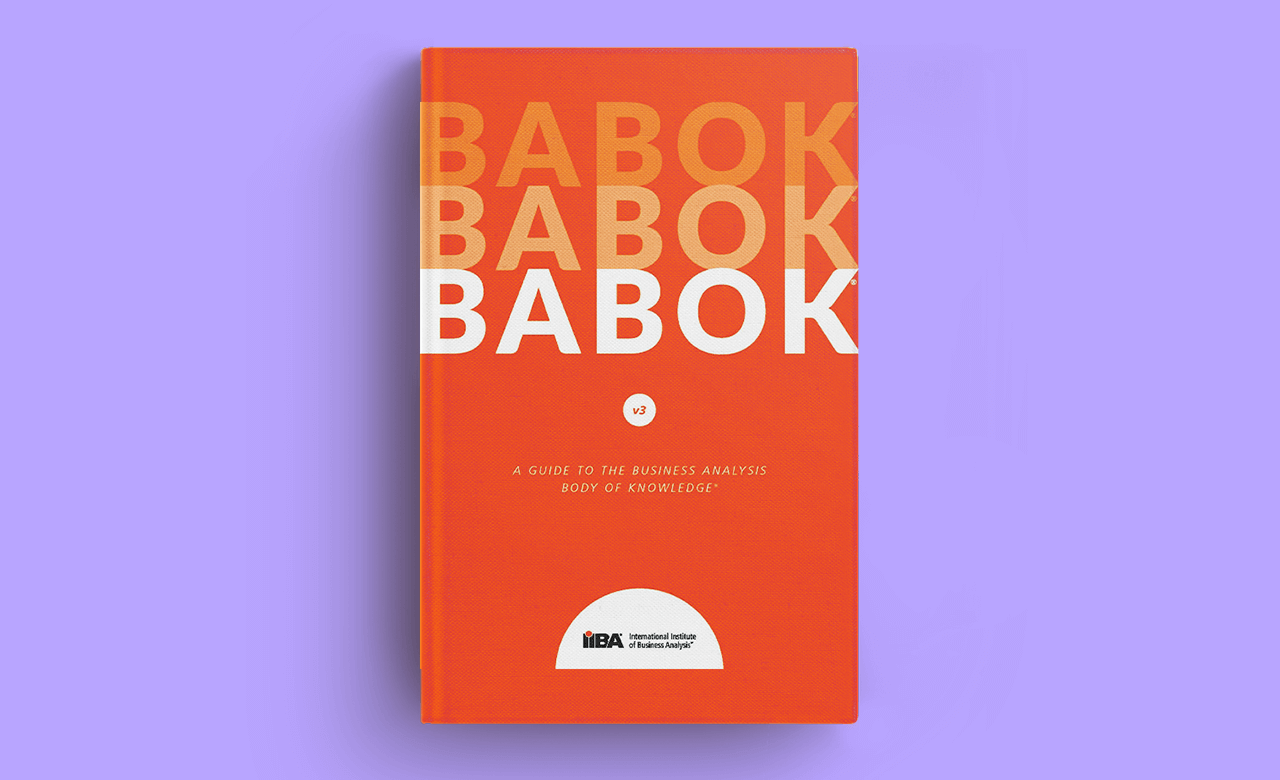
BABOK is a baseline textbook that needs to be at your service always — for reference, review, and research. It contains best practices, overviews, processes, and procedures. What I love about BABOK is that you can choose individual chapters to catch up on skills and knowledge without the need to go through each chapter, in order, page by page. It is not strictly linear.
It is a more advanced book for BAs, and it is a must for those at the middle level and above. Moreover, it is exactly the book used for IIBA certifications, so if you are considering getting certified in the future, I strongly recommend getting the BABOK approaches in practice as early as possible.
Ask Your Developer: How to Harness the Power of Software Developers and Win in the 21st Century, by Jeff Lawson and Eric Ries
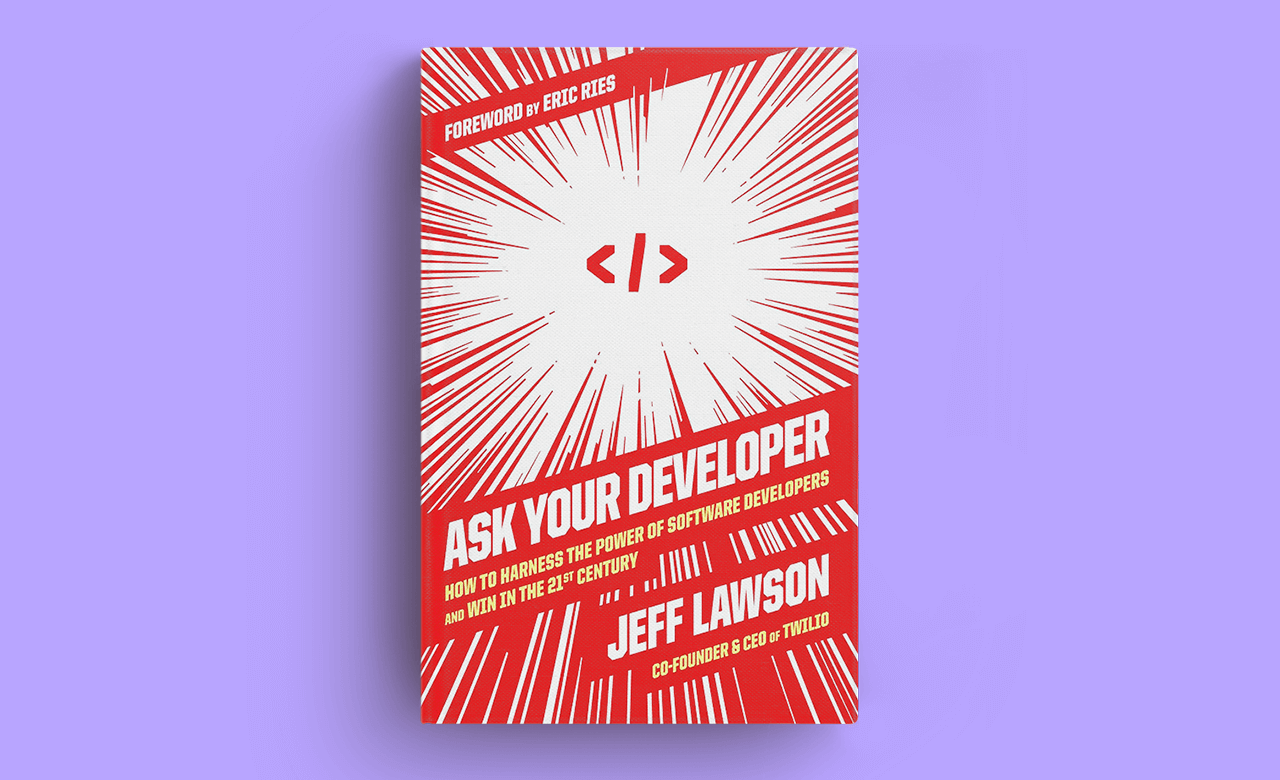
I am a firm believer in the power of collaboration and the idea that synergy gets us further. This book is about exactly that — letting developers think creatively and design solutions that meet business needs. The philosophy of this book is to step back from a top-down approach, where management tells employees which feature to implement. Instead, it recommends coming to developers with a business need and unlocking their creative problem-solving abilities by asking questions.
I appreciate that not all projects will be open to such an approach. And you, as a business analyst, need to be able to maintain a balance between technology and business. But having an open mind and listening to developers’ ideas can generate much more elegant and effective solutions in the end. This book teaches us to foster a two-way communication — from business to dev team, and from dev team to business. Your role as a BA is to make sure that neither of those are exhausted.
This book is good for analysts at any level, but implementing the described strategies calls for experience in stakeholder management.
Fundamentals of Business Process Management, by Marlon Dumas, Marcello La Rosa, Jan Mendling, and Hajo A. Reijers
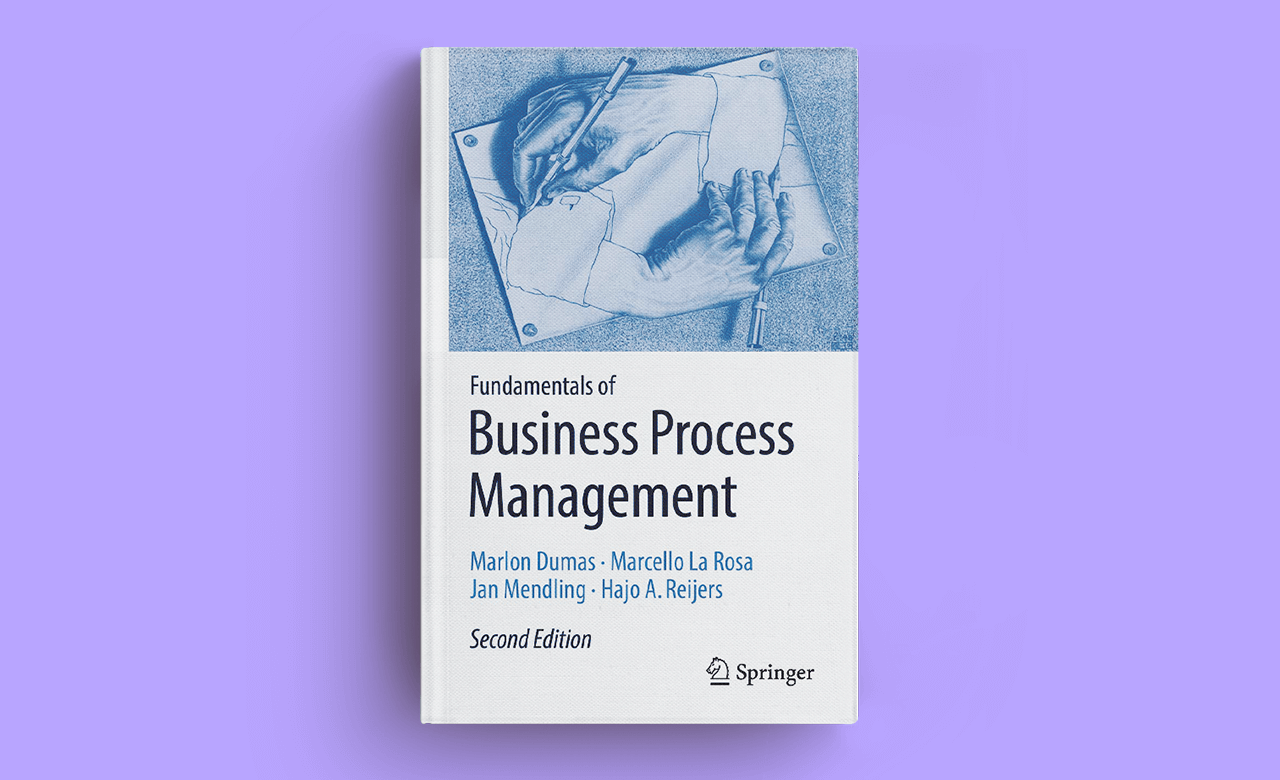
This is a theory-to-practice book about understanding, managing, and building a process to balance resources, optimize time-cost, and automate flows. The authors use a good amount of theory to ground the practical steps that are part of the process approach. The book is an excellent source of information to help you understand the value of a process approach in system management, and it provides a foundation for assessing, designing, managing, and creating a capability with the proper business processes.
I recommend this book to business analysists at the senior level and above, in cases when the scale of service is growing and the customer needs a BA to think in strategic terms, bring value to complex systems, and understand the interdependencies of a system and a business. The knowledge collected in this book supports a system approach to business analysis and generates customer value through the identification of weak spots and bottlenecks, and potential optimization strategies.
The Phoenix Project: A Novel about IT, DevOps, and Helping Your Business Win, by Gene Kim, Kevin Behr, and George Spafford
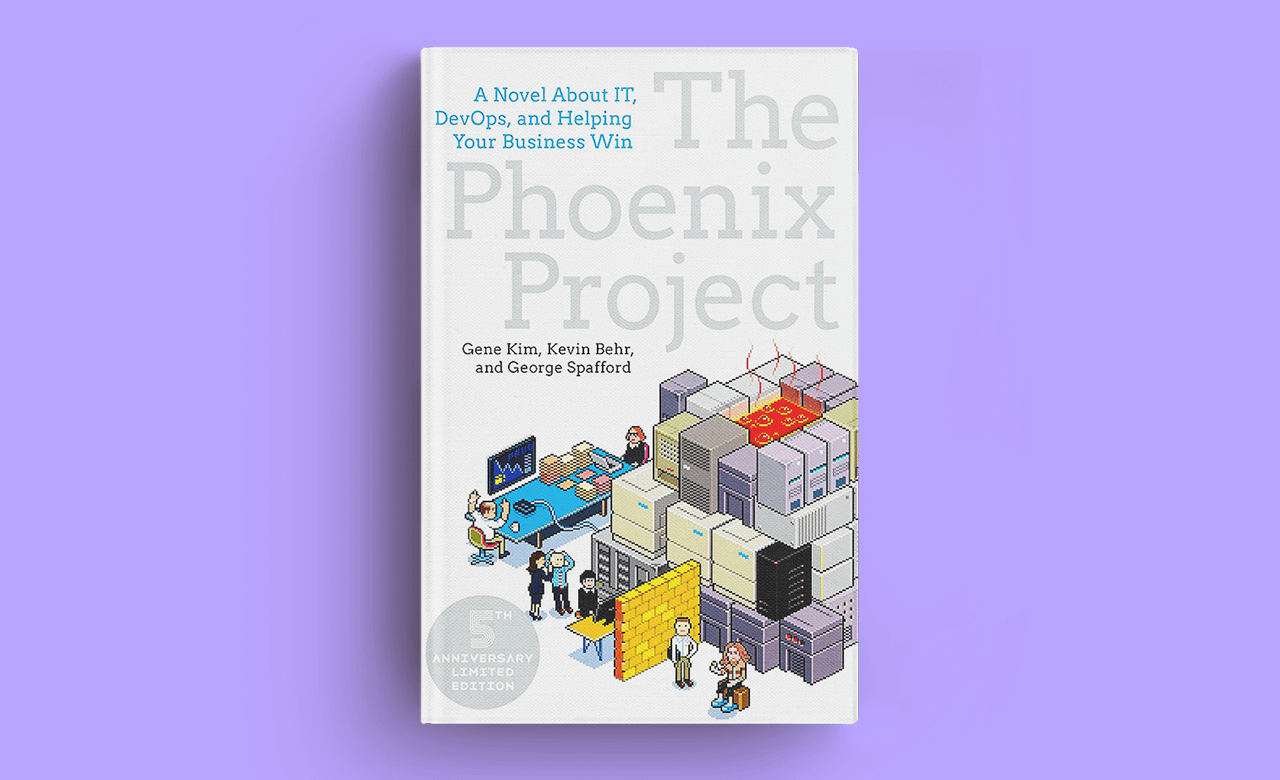
This is a semi-fictional novel about the hardships and challenges of improving processes and striving for lean delivery. It reads like a novel, touches on issues of the ”bus factor,” emotional burnout, ineffective processes, resistance to change, and stakeholder collaboration in one fun description of a new Vice President, who never wanted the position, but is very much fit for it.
This book can supplement business analysis and project management knowledge at any level. I strongly recommend it to anyone who works with complex enterprise projects that involve multiple departments, teams, and stakeholders, and that can become overwhelming. This novel will make you feel confident, and you will think “Oh, so I am not the only one managing complexities every day.”
Thinking, Fast and Slow, by Daniel Kahneman
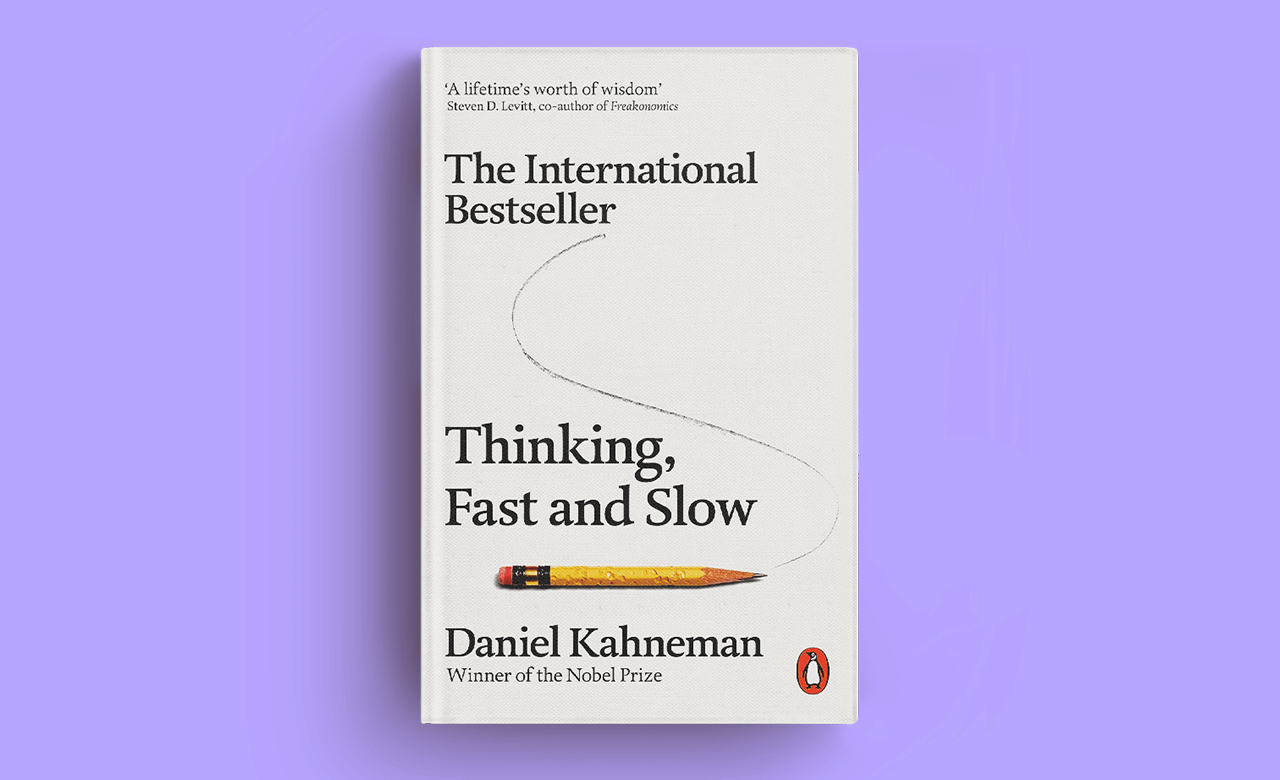
Thinking, Fast and Slow, is the book to help you understand rational and irrational thinking, logic flaws, unconscious biases, and instinctive responses to the environment. Since your job as a business analyst is mostly about information gathering, processing, aggregating, and reconciling, this book is the right tool to help you question your own biases, and help others see the gaps in their thinking. This book changed the way I arrive at conclusions, and taught me to stop and question thoughts, requests, and solutions in my daily job. The question “What made you think of that feature?” helped me on some of my projects to avoid certain unnecessary, and complex, system enhancements.
Fiction for a nice holiday read
In addition to professional books packed with skills, advice, and ideas, I am all for making time for some fiction. As a business analyst, you can validate insights and learn a few tips and tricks from literature that is seemingly unrelated to your field of work. Here are two inspiring books that made me a better professional.
Anxious People, by Fredrick Backman
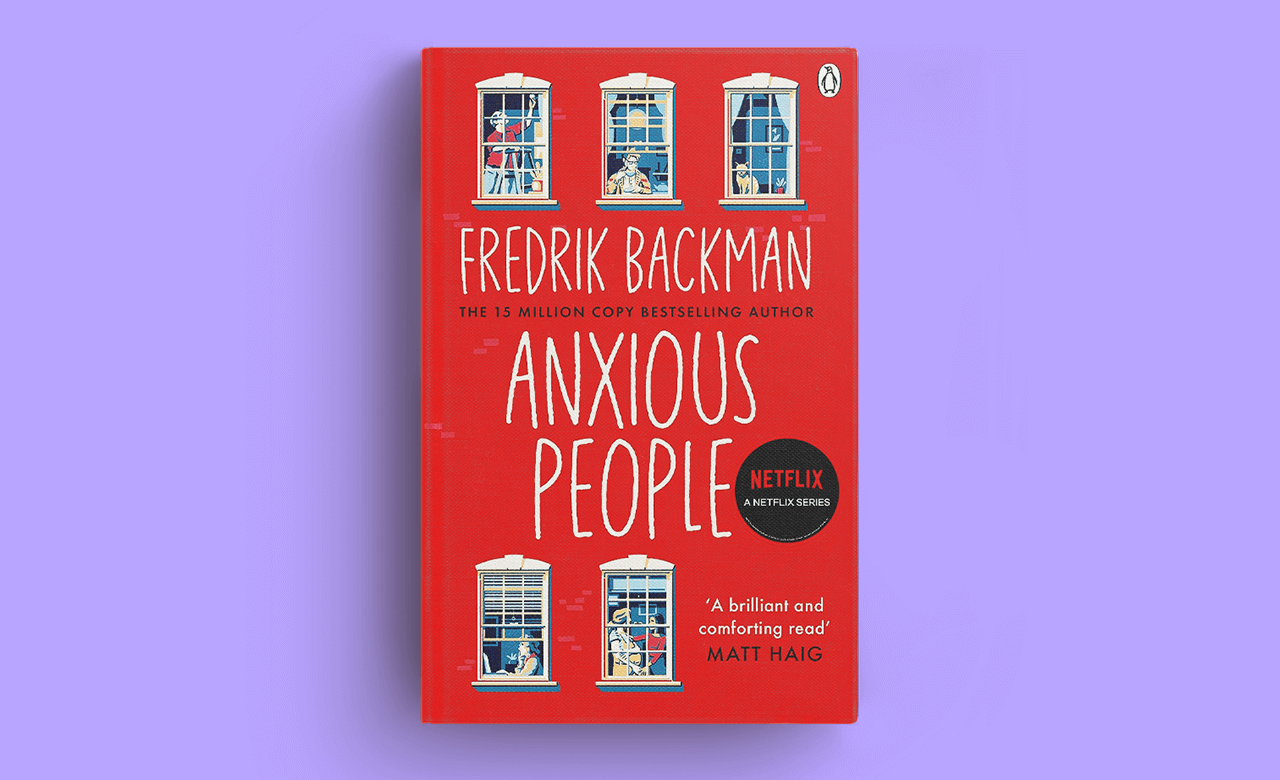
This is a heartwarming read about mistakes, humanity, flaws, and despair. It may seem very distant from the jobs that we do on a daily basis, but it can offer multiple insights into how to work with, talk to, and help people through challenges. The book also is an ode to proper planning and no-rush decisions — each project should have a vision and strategy. Otherwise, you may end up in quite a pickle worth 300 pages.
Tomorrow, and Tomorrow, and Tomorrow, by Gabrielle Zevin
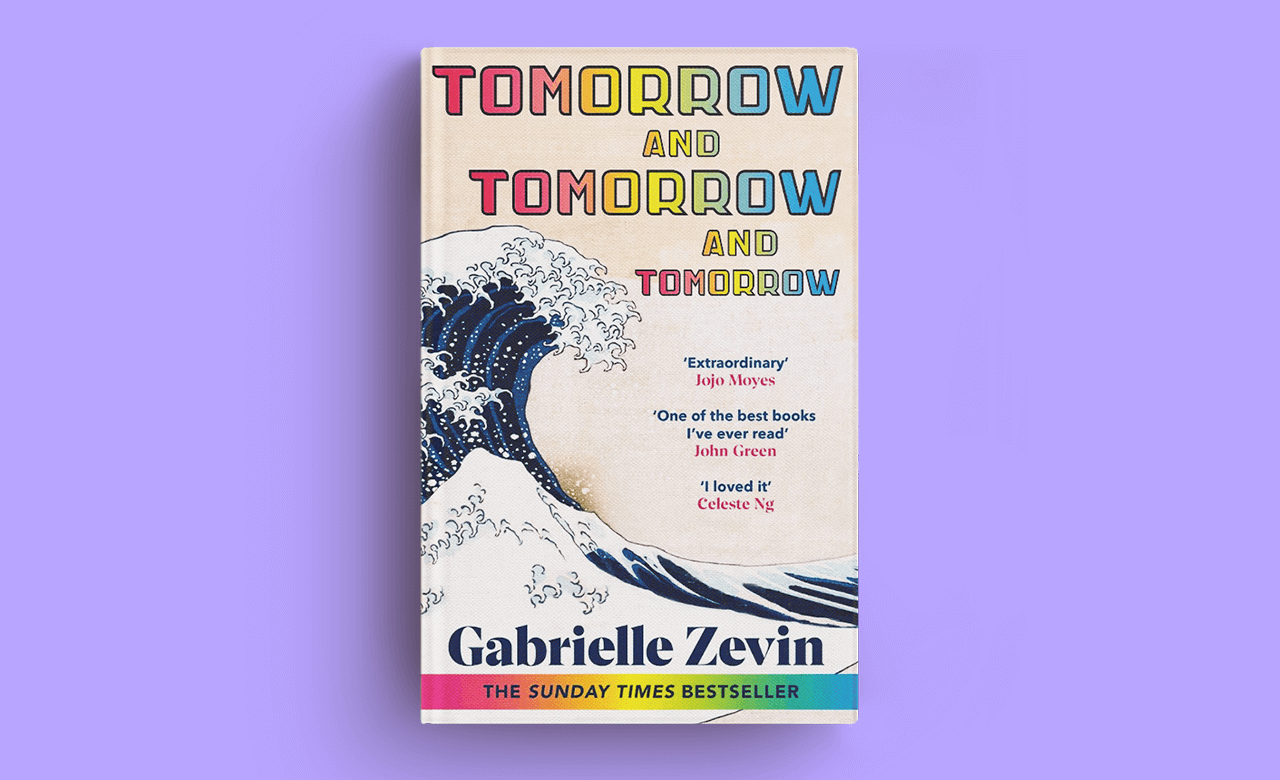
This is an awesome story about a group of MIT students who pioneer game development and build a huge, successful business in Silicon Valley. The book peers into the inner workings of the early 2000s and the way the tech business has grown. There are scenes of financial negotiations, collaboration between teams, mergers and acquisitions, and a constant striving for creative freedom. Easy and fun to read, I highly recommend it for a weekend recharge.
Conclusion
There are many other great books about business analysis, or that are useful for business analysts. However, if you are on this career path, your brain is likely wired to look for valuable insights in most — if not every — read, conversation, or idea. I have found, tried, and successfully tested some new approaches to my work as a result of multiple books that were not about my area of work at all. It just seemed interesting to set up a new sign-off process based on a book about an agricultural society, or to bump up my change management game through the story of a girl moving from homeschooling to public school.

.png)
